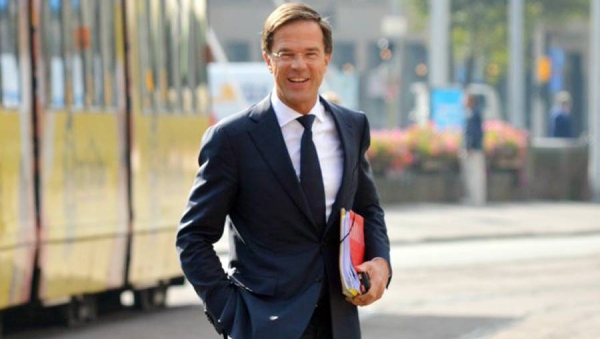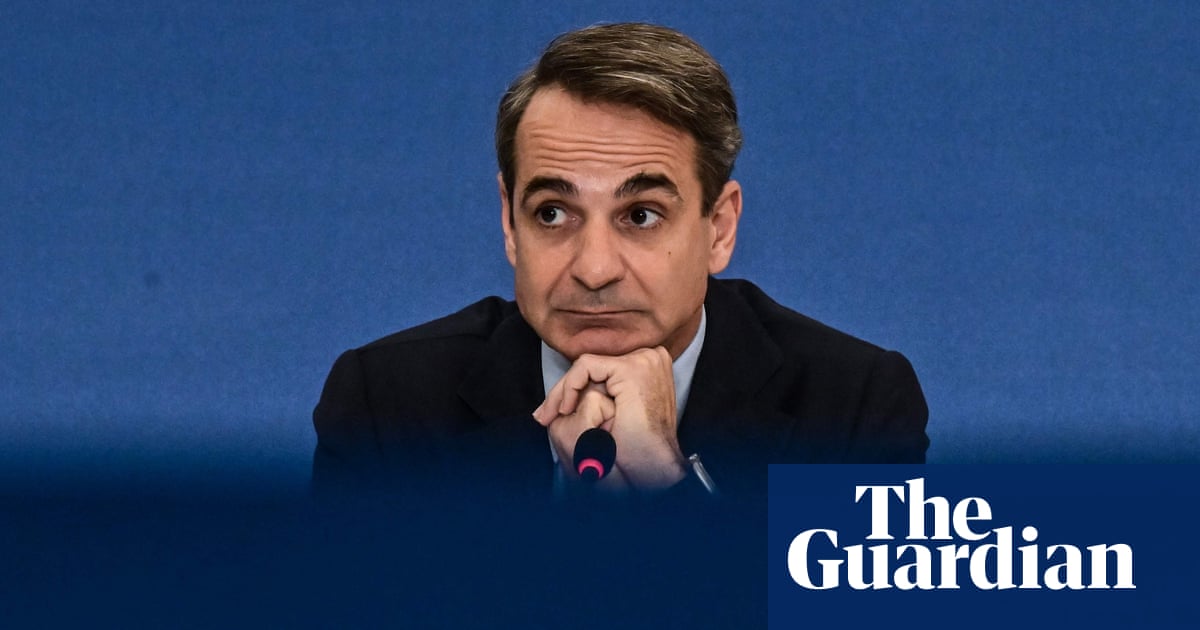
German Chancellor Angela Merkel’s conservatives reached an agreement late on Monday with Bavaria’s Christian Social Union (CSU) on stemming the flow of illegal migrants.
Emerging after five hours of talks, Horst Seehofer, interior minister and CSU leader, told reporters he would remain in his post after striking a deal with Merkel’s Christian Democrats (CDU).
“After intensive discussions between the CDU and CSU we have reached an agreement on how we can in future prevent illegal immigration on the border between Germany and Austria,” Seehofer said as he left the CDU’s Berlin headquarters.
The deal, which brought Merkel’s government to the brink of collapse just three months after it was formed, keeps her in office. But the woman who has dominated European politics for 12-1/2 years appears greatly diminished, raising questions over whether she will serve out her term.
It was the latest aftershock from Merkel’s 2015 decision to open Germany’s borders to more than a million refugees from war in the Middle East and Africa.
That decision convulsed European politics, fueling the rise of anti-immigration parties including the far-right Alternative for Germany (AfD) party, which now threatens to unseat the CSU in October’s regional elections.
Under the deal migrants who have already applied for asylum in other European Union countries will be held in transit centers on the border while Germany negotiates bilateral deals for their return.
The transit centers, like “airside” zones in international airports, will be regarded for immigration purposes as not being in Germany, making it easier to deport from them.
The compromise deal meant that Seehofer was able to hail tighter immigration controls, while Merkel was able to say that Germany adhered to EU rules and upheld freedom of movement within the bloc.
“The spirit of partnership in the European Union is preserved and at the same time an important step to order (has been taken), Merkel told reporters.
But the crisis, the latest of several rows over migration between the two parties, is another sign of the EU-wide divide between those who want to maintain open borders and those who want to restrict the number of migrants entering the bloc.
Soon after Monday’s deal was announced, Austria warned Tuesday it could "take measures to protect" its borders.
If the German agreement is approved by the government as a whole, "we will be obliged to take measures to avoid disadvantages for Austria and its people," the Austrian government said in a statement.
It added it would be "ready to take measures to protect our southern borders in particular," those with Italy and Slovenia.
Among the German proposals is a plan to send back to Austria asylum seekers arriving in Germany who cannot be returned to their countries of entry into the European Union.
Austria said it would be prepared to take similar measures to block asylum seekers at its southern borders, with the risk of a domino effect in Europe.
"We are now waiting for a rapid clarification of the German position at a federal level," said the statement, signed by Austrias conservative Chancellor Sebastian Kurz and his allies of the far-right Freedom party, Vice Chancellor Heinz-Christian Strache and Interior Minister Herbert Kickl.
"German considerations prove once again the importance of a common European protection of the external borders," the statement said.
Kurz on Tuesday is to present before the European Parliament in Strasbourg his priorities for Austrias six-month presidency of the European Union, with the issue of migration expected to feature prominently.












